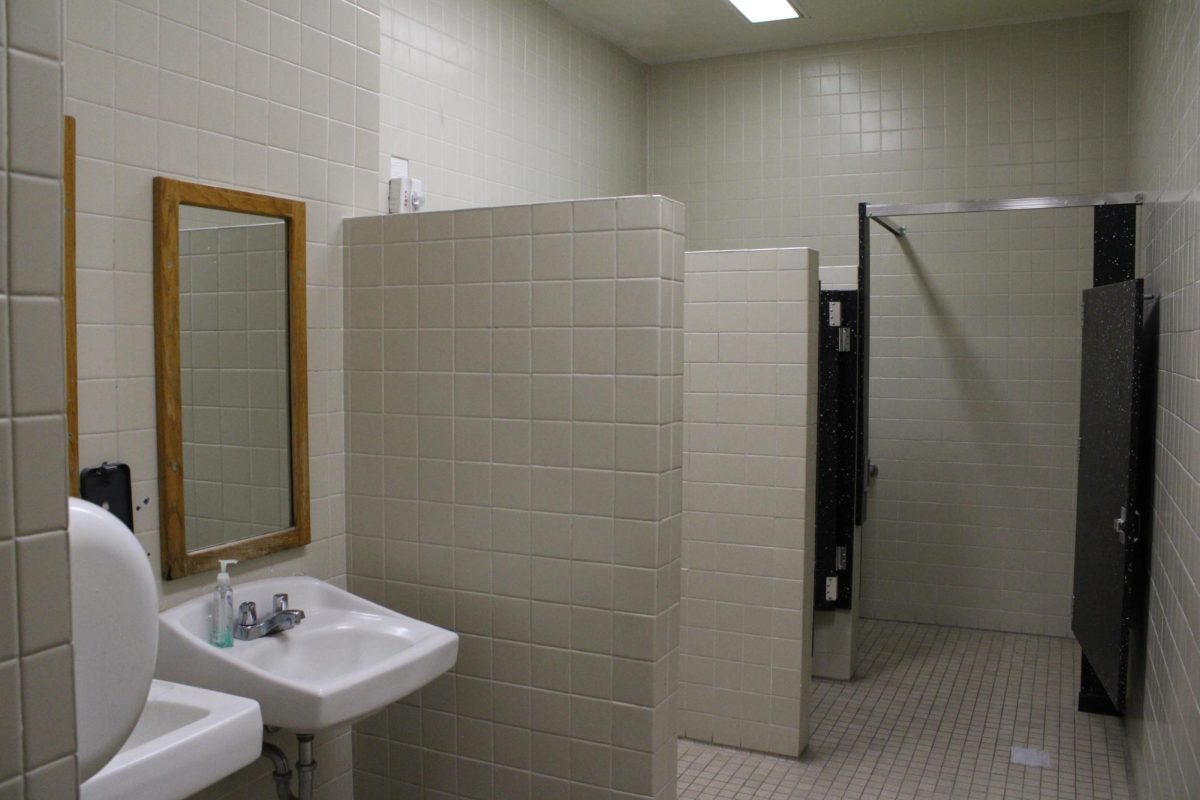The Trump administration moved in early February to reduce the size of grants for institutions conducting medical research. This would be detrimental to the future of healthcare as opportunities dwindle for prospective students.
This isn’t President Trump’s first time attempting to cut funding for the National Institutes of Health research. In 2017, the Trump Administration proposed to cut funding by approximately $6 billion, about 20 percent. This proposal was met by opposition from not only Democrats, but Republicans as well. Now the plan is to cut $9 billion, roughly 30% of the budget issued to research institutions. The Project 2025 blueprint suggested that N.I.H. research funding gave too much support to “leftist” universities.
As someone planning to go into the healthcare field, the financial cuts are a huge problem for me going forward. With a never-ending shortage of healthcare workers, for one, the job opportunities in healthcare occupations are increasing. If funding is cut for research at universities, this affects those looking to pursue higher education such as graduate school and further in these fields.
According to data from the U.S. Department of Health & Human Services, in the 2024 fiscal year, the NIH spent around $32 billion on almost 60,000 grants for medical research. Twenty-three billion dollars of that went to direct research costs such as equipment and salaries. The other $9 billion went to indirect costs like laboratory upkeep and utility bills, all of which are necessary for research to take place.
This proposal has been put on hold by a federal court, issued by Judge Angel Kelley, appointed by Biden, as a lawsuit was filed by universities and research center that this “flagrantly unlawful action” would “devastate medical research at America’s universities.”
However, on Feb. 7, 2025, NIH released an updated policy that would significantly reduce the amount of funding that research institutions and universities can receive under the terms of their federal grants. More than 80% of NIH’s funding is awarded for research through competitive grants to researchers at universities, medical schools, and other research institutions. The Association of American Medical Colleges as well as the American Association of Colleges of Pharmacy claimed sudden funding cuts would “wreak havoc” and force universities to lay off staff, close laboratories, and potentially put an end to
According to UMass Chan Medical School, “Due to ongoing uncertainties related to federal funding of biomedical research, UMass Chan, along with many of [their] peer universities, is facing significant challenges in ensuring stable dissertation research opportunities for incoming students.” As a result, they rescinded all offers of admission for the Fall 2025 term for their Morningside Graduate School of Biomedical Sciences. University of Michigan Medical school withdrew all unaccepted offers to their Program in Biomedical Sciences because of “unanticipated federal policies impacting scientific research and education programs.”
As someone planning to go into the healthcare field, the financial cuts are a huge problem for me going forward. If we want to have healthcare professionals, we need to keep knowledge accessible.



















